SUMMARY
This is AI generated summarization, which may have errors. For context, always refer to the full article.

TORONTO, Canada – When the Bank of Canada (BOC) became the first major global central bank this month to pause raising interest rates after its most aggressive tightening campaign in history, indebted consumers heaved a sigh of relief.
But with the benchmark rate still at a 15-year high of 4.5% and borrowing costs expected to stay higher for longer, Canadians are in no rush to open their purse strings. Many are planning to save instead, a habit they acquired during the pandemic.
Consumers’ reluctance to spend could challenge an economy facing headwinds from a record pace of interest rate hikes as retail spending accounts for about 5% of Canada’s gross domestic product. Analysts say slower consumer spending could be a trend that plays out in other countries as well as central banks worldwide prepare to end their aggressive rate hikes to tame inflation.
Iqhlaas Ahmad, a food and beverage worker in Canada’s financial capital Toronto, said most of his money goes to basic amenities like food, clothing, and shelter.
As an immigrant, he has clear priorities. “Our mentality over here [in Canada] is definitely saving up in order to survive,” he said.
An Angus Reid study released on Tuesday, March 21, found that 47% of Canadians say they are worse off financially than in 2022, with 38% reporting feeling the same and only 15% feeling better.
The Royal Bank of Canada’s consumer spending tracker released on March 9 showed discretionary spending “held up” in February, driven by air travel demand. But restaurant spending edged lower while rising grocery inflation sapped spending power.
Canadians are sitting on about C$350 billion ($255 billion) in excess savings generated during the pandemic, RBC economist Carrie Freestone estimated. While it is unclear what part of that has been deployed, that kitty will help Canada to avoid a deep recession, she noted.
“Savings are definitely a good thing. It means people are in a better position coming out of the pandemic than they were before, at least in terms of savings.”
Sun Lee, who owns women’s clothing boutique Aria in Toronto, noticed fewer and thriftier customers entering the store since the pandemic. Even her own budget, she said, first goes toward food and shelter.
Douglas Porter, chief economist at BMO Capital Markets, said he has seen people shifting money from checking or savings deposits into longer term instruments like a guaranteed investment certificate (GIC) since the central bank held off on hiking rates at its March 8 meeting.
“They’re trying to lock in these interest rates,” Porter said.
For many Canadians, owning a house is a top priority, but high mortgage rates make it difficult to buy one even as benchmark prices have fallen 11.2% from a May peak according to Teranet–National Bank National Composite House Price data.
Jesse Kleine, a British Columbia-based realtor, said huge interest payments are discouraging people from buying a home.
While the BOC’s rate-hike pause may not be enough to reenergize the housing market, he expects the central bank’s decision will bring clarity on how high rates are going to rise, Porter said.
“[But] I don’t think it’ll necessarily change saving behavior,” he added. – Rappler.com
$1 = 1.3726 Canadian dollars
Add a comment
How does this make you feel?





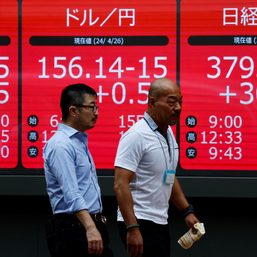
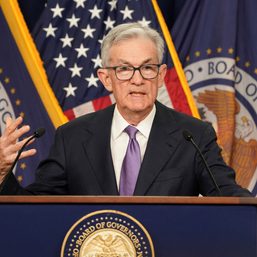
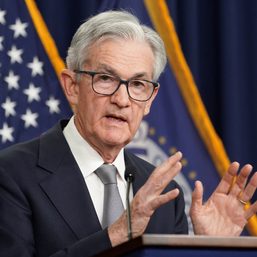
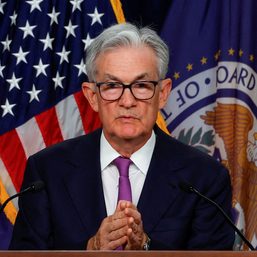
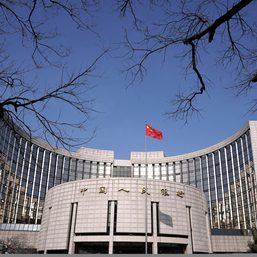
There are no comments yet. Add your comment to start the conversation.